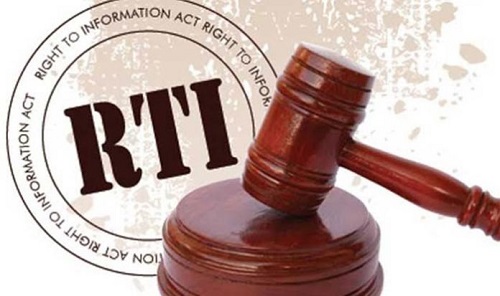The Right to Information (RTI) if implemented could cost Ghana some Hc 750 million over five years, according to a report by the Research Department of Parliament in 2017.
A report indicates that the cost will revolve around the setting up of an RTI Commission.
The total cost if broken down would include funds for boards, administrative expenses, district administrative expenses, district office facilities, and a head office.
For example, the administrative staff cost at the head office in the first year was marked at GHc 651,968.22.
For all the districts, the staff cost is pegged at GHc 91 million. These figures reduce year to year from 2018 to 2021.
If the RTI Bill is implemented is estimated to create 323 direct public sector jobs.
This figure for the district administration costs is expected to rise given as the number of districts in Ghana has risen from 254 to 260.
The reports also noted as a fiscal impact statement was “to help the government evaluate the affordability and enactment against the plan inscribed in the Bill.â€
The Majority Leader Osei Kyei-Mensah-Bonsu highlighted these cost concerns when talking about the delays in January.
“Parliament has the power to postpone the implementation of any legislation that is looking at the circumstances. This RTI is going to have new financial handling; the 2019 budget did not make any provision for it. The government needs to put its house together. We need to have information offices in all the Ministries, Departments, Agencies and public offices. It comes with huge financial implications.â€
Currently, Parliament a step away from passing the RTI Bill.
Read also:
Â





